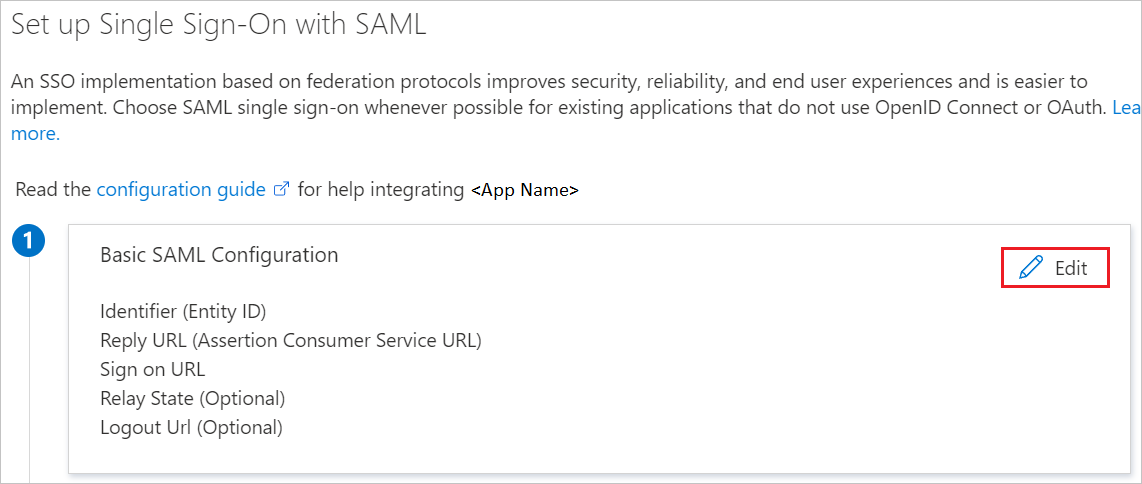Microsoft Entra SSO integration with courses.work
In this article, you learn how to integrate courses.work with Microsoft Entra ID. courses.work is a product of Succeed Technologies®, a ISO 27001-2013 company with rich experience in developing engaging and interactive eLearning. When you integrate courses.work with Microsoft Entra ID, you can:
- Control in Microsoft Entra ID who has access to courses.work.
- Enable your users to be automatically signed-in to courses.work with their Microsoft Entra accounts.
- Manage your accounts in one central location.
You'll configure and test Microsoft Entra single sign-on for courses.work in a test environment. courses.work supports IDP initiated single sign-on and Just In Time user provisioning.
Note
Identifier of this application is a fixed string value so only one instance can be configured in one tenant.
Prerequisites
To integrate Microsoft Entra ID with courses.work, you need:
- A Microsoft Entra user account. If you don't already have one, you can Create an account for free.
- One of the following roles: Application Administrator, Cloud Application Administrator, or Application Owner.
- A Microsoft Entra subscription. If you don't have a subscription, you can get a free account.
- courses.work single sign-on (SSO) enabled subscription.
Add application and assign a test user
Before you begin the process of configuring single sign-on, you need to add the courses.work application from the Microsoft Entra gallery. You need a test user account to assign to the application and test the single sign-on configuration.
Add courses.work from the Microsoft Entra gallery
Add courses.work from the Microsoft Entra application gallery to configure single sign-on with courses.work. For more information on how to add application from the gallery, see the Quickstart: Add application from the gallery.
Create and assign Microsoft Entra test user
Follow the guidelines in the create and assign a user account article to create a test user account called B.Simon.
Alternatively, you can also use the Enterprise App Configuration Wizard. In this wizard, you can add an application to your tenant, add users/groups to the app, and assign roles. The wizard also provides a link to the single sign-on configuration pane. Learn more about Microsoft 365 wizards..
Configure Microsoft Entra SSO
Complete the following steps to enable Microsoft Entra single sign-on.
Sign in to the Microsoft Entra admin center as at least a Cloud Application Administrator.
Browse to Identity > Applications > Enterprise applications > courses.work > Single sign-on.
On the Select a single sign-on method page, select SAML.
On the Set up single sign-on with SAML page, select the pencil icon for Basic SAML Configuration to edit the settings.

On the Basic SAML Configuration section, the user does not have to perform any step as the app is already pre-integrated with Azure.
courses.work application expects the SAML assertions in a specific format, which requires you to add custom attribute mappings to your SAML token attributes configuration. The following screenshot shows the list of default attributes.

In addition to above, courses.work application expects few more attributes to be passed back in SAML response, which are shown below. These attributes are also pre populated but you can review them as per your requirements.
Name Source Attribute email user.mail firstname user.givenname lastname user.surname username user.userprincipalname On the Set up single sign-on with SAML page, in the SAML Signing Certificate section, click copy button to copy App Federation Metadata Url and save it on your computer.

Configure courses.work SSO
To configure single sign-on on courses.work side, you need to send the App Federation Metadata Url to courses.work support team. They set this setting to have the SAML SSO connection set properly on both sides.
Create courses.work test user
In this section, a user called B.Simon is created in courses.work. courses.work supports just-in-time user provisioning, which is enabled by default. There is no action item for you in this section. If a user doesn't already exist in courses.work, a new one is created after authentication.
Test SSO
In this section, you test your Microsoft Entra single sign-on configuration with following options.
Click on Test this application, and you should be automatically signed in to the courses.work for which you set up the SSO.
You can use Microsoft My Apps. When you click the courses.work tile in the My Apps, you should be automatically signed in to the courses.work for which you set up the SSO. For more information, see Microsoft Entra My Apps.
Additional resources
Related content
Once you configure courses.work you can enforce session control, which protects exfiltration and infiltration of your organization’s sensitive data in real time. Session control extends from Conditional Access. Learn how to enforce session control with Microsoft Cloud App Security.